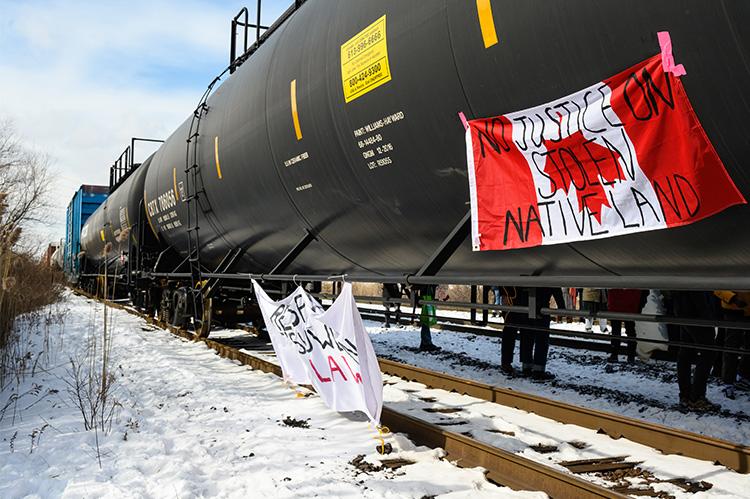Construction on the Coastal GasLink Pipeline Picks Up

The Pipeline Technology Journal has been following the development of negotiations between the Wet'suwet'en indigenous chieftains and the Canadian government on the construction of the 670-km Coastal Gaslink Pipeline and last week work resumed after a long hiatus, suggesting some kind of modus vivendi had been reached.
The protests against the pipeline disrupted both rail and road traffic causing significant economic disruption in Canada. Under the new arrangement, the Royal Canadian Mounted Police (RCMP) will resume patrolling the area in British Columbia where the Coastal GasLink Pipeline will be built. Specifically the RCMP will monitor an access road that leads to the pipeline construction site.
The RCMP moved its operations to the nearby town of Houston, B.C. last week after Wet’suwet’en hereditary chiefs said they would not meet with government officials to discuss their concerns about the pipeline unless the Mounties and pipeline company workers left their territory.
Details of the draft accord between the Wet’suwet’en and the B.C. and federal governments have not been disclosed and will remain unpublished until after it is ratified by the Wet’suwet’en people in their traditional feast process, which is expected to take up to two weeks.
However, all parties are making it clear the agreement deals only with land and title rights generally. The pipeline itself remains in dispute, says former NDP MP Nathan Cullen, who was hired by the B.C. government as a liaison between the province and the hereditary chiefs.
The British Columbian provisional government is looking forward to sealing a permanent comprehensive deal that will address the Wet'suwet'en position on recognizing the boundaries of the territory to which Wet’suwet’en title applies.
Prime Minister Justin Trudeau says improving relations with aboriginal groups is a top priority and called for further dialogue.
